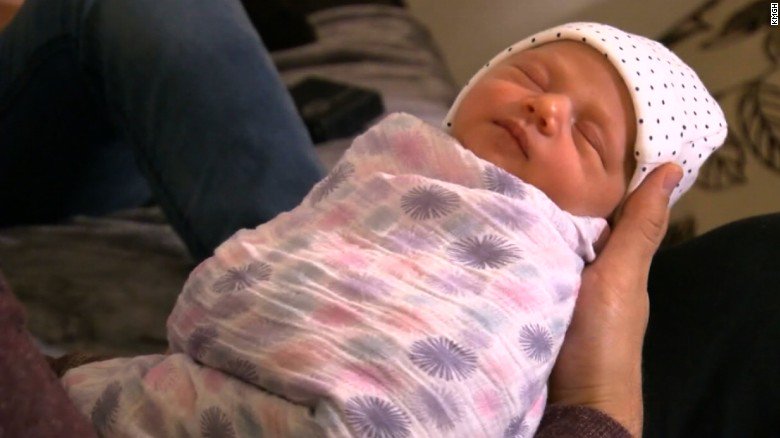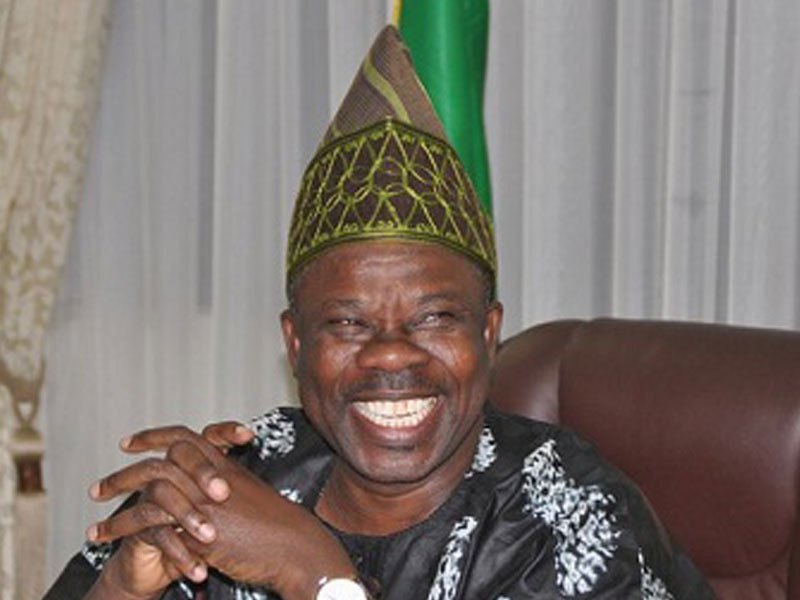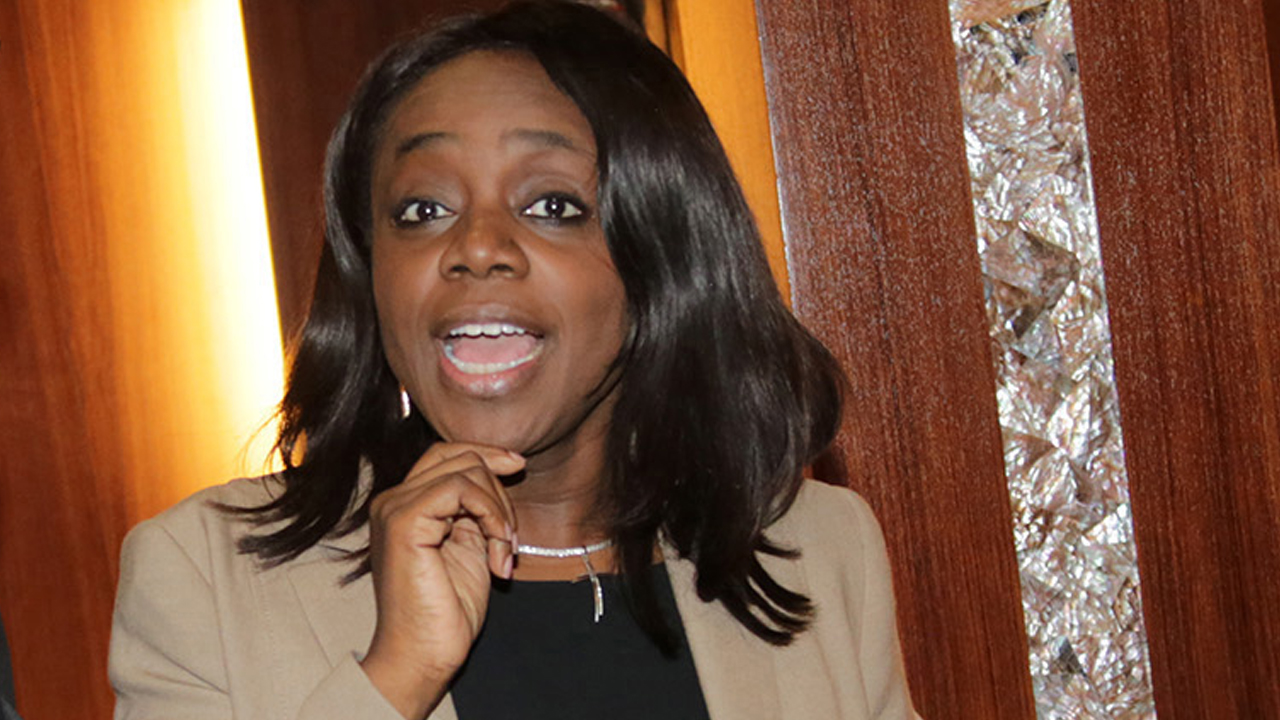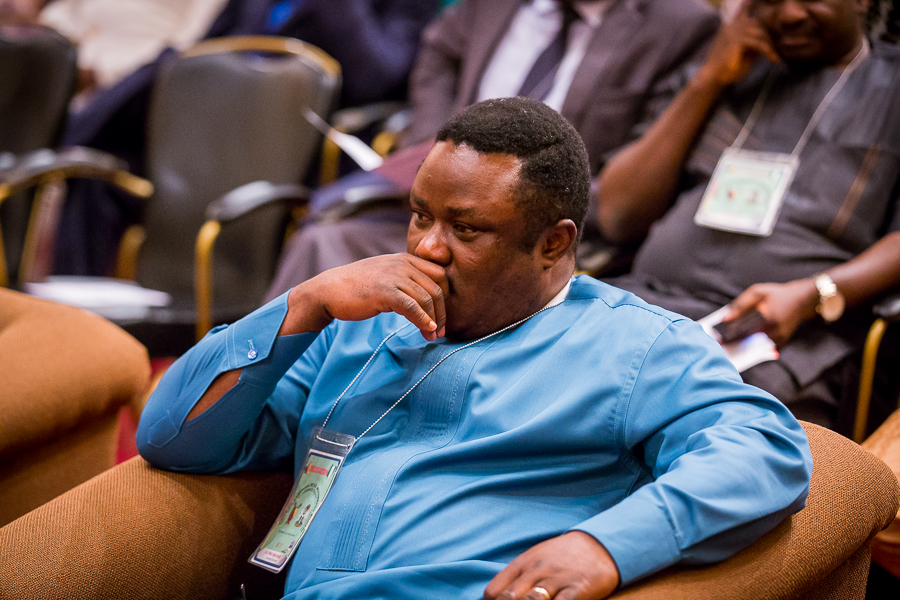…vows to register it at an orphanage if bills are not cleared
A Lagos based hospital, Inton Hospital has refused to hand over a baby, Ighodalo to his parents, Mr Michael and Mrs Roseline Oaikhena for three months now over an unpaid medical bill of N650,000.
According to findings, the hospital has also allegedly vowed to put the baby in an orphanage unless the debt was cleared.
According to a report by The Punch, Roseline, a private primary school teacher, had given birth to a set of twins on February 10, 2018, at the Ifako General Hospital, Lagos.
The babies, which were premature, were reportedly taken to Inton, where they were put in an incubator at the rate of N300,000 per week.
After one week, the female child reportedly died, while the surviving boy continued treatment at the intensive care unit of the facility at the rate of N150,000 per week.
The child’s father, Michael, a driver, said the bill later rose to N1.2m.
He said, “My wife and I have been married for about two years. When she conceived, she went through a lot of stress due to the nature of her job and at a point, a doctor advised her to go for bed rest.
“She gave birth at the Ifako General Hospital when the pregnancy was about six months. We were unable to get an incubator at the hospital and our search for one in Lagos public hospitals proved abortive.
“She gave birth around 1pm and when we could not find any public hospital with an incubator, we settled for Inton Hospital. We got there around 11pm; their bill was N300,000 per week.
“However, after a week, we lost the female baby and we started paying N150,000 per week. The surviving baby has now been moved from the incubator to a nursery, where he has been for over three months.”
He explained that the mother had been visiting the hospital to give the newborn baby food, adding that the child was being held over the N650,000 medical bill that the family owed.
The Edo State indigene said one of the doctors at the hospital recently called him and threatened that the child could be moved to a motherless babies’ home if the balance was not paid.
“The doctor said since we had not met up with our financial obligations, they might not be able to keep the baby any longer and will take him to a motherless babies’ home. He said the baby had a high risk of contracting an infection because he is in a place where they treat sick children,” he added.
The wife, Roseline, expressed sadness that her baby could be taken to an orphanage while she was alive.
The 28-year-old noted that efforts by the family to raise funds through social media had been abortive, adding that she lived in pain every day.
She said, “I was going to see him at the hospital every day before I stopped because of transport cost. I go twice a week now.
“The hospital said the next step is to take him to a motherless babies’ home because we don’t have money.
“We have tried to raise money to no avail. We were able to raise N550,000 from friends and relatives, including the N170,000 we got on a social media platform. We still need to pay N650,000.”
A doctor at the Inton Hospital, Dr. Badejo Christopher, had said the medical bill was high due to the specialised care required by the baby.
Christopher, who spoke to The Punch in March while the baby was still receiving intensive care, said Ighodalo was being monitored by a consultant paediatrician.
He had said, “The mother went into labour at 27 weeks as against 38/40 weeks. The twins were rushed here, but we could not save one of them. The boy has been inside an incubator and taking drugs.
“An average birth weight is 2.5kg, but the baby’s weight at presentation was 1.0kg. The challenges of managing preterm children are many. The drugs we use are very expensive because the children are susceptible to sepsis (infection).
“One of the antibiotics is as expensive as N16,000. We charge N150,000 per week.”
The Chief Medical Director of Inton, Mr. Akeem Mustapha, on Tuesday, however, denied that the hospital planned to take the child to an orphanage, saying the couple wanted to draw public sympathy.
He said, “There is nothing like that. We only advised them that it is not right to put the child in the nursery for a long time because if any infection breaks out at the hospital, the child may be affected. Nobody will say because of that, the child should be taken to a motherless babies’ home. Why?
“They are only trying to whip up sentiments so that you can help them to get money. They need money to discharge the baby, so they want you to put up a story that the hospital will take the child to a motherless babies’ home. Why they are putting up this kind of thing is laughable.”





